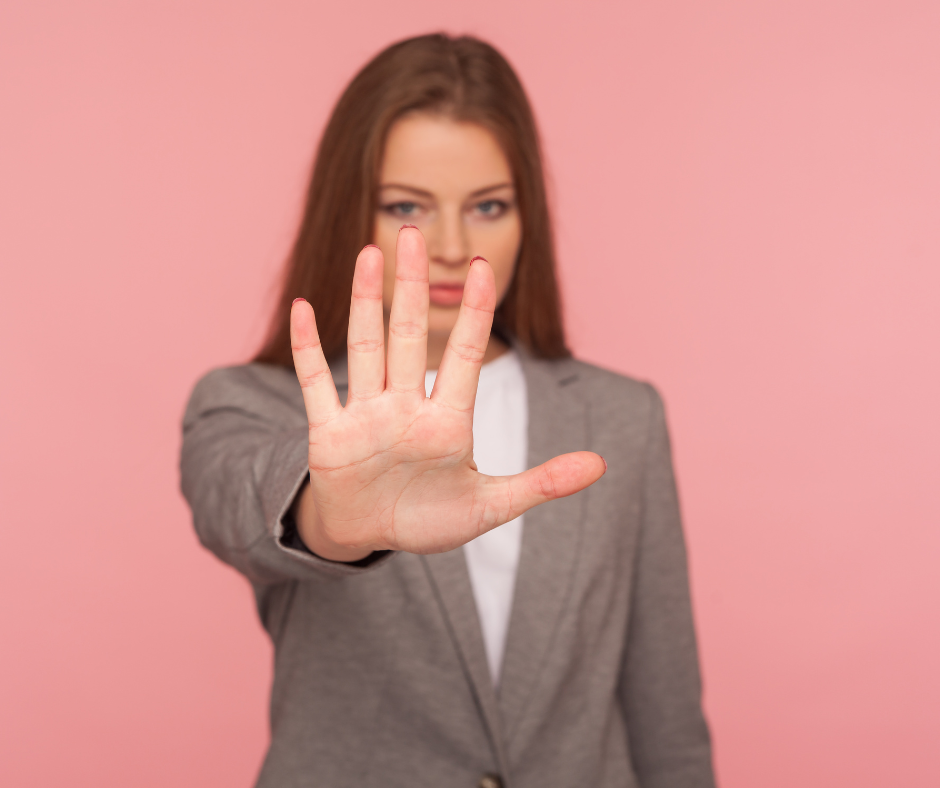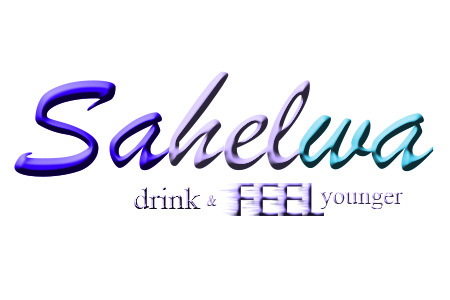Beautiful Plants For Your Interior

In a world obsessed with speed, energy drinks have become the modern-day fuel. They promise focus, stamina, and an instant surge of power. Yet, behind their glittering cans and bold slogans lies a truth that’s too often ignored — a truth that’s led several countries to ban or restrict these beverages altogether.
This isn’t just about caffeine. It’s about a growing global health concern that challenges how we treat our bodies, our youth, and our collective future.
A Rush That Comes With a Cost
Energy drinks are marketed as enhancers — for athletes, students, and anyone needing a mental or physical “boost.” But what happens after the rush fades? The human body can only handle so much stimulation. When energy drinks overload the system with high doses of caffeine, sugar, and artificial stimulants like taurine and guarana, the short-term energy spike often turns into a long-term health risk.
Heart palpitations, high blood pressure, anxiety, insomnia, and dehydration are common side effects. But in extreme cases, these drinks have been linked to cardiac arrests, strokes, and even fatalities — particularly among adolescents and young adults.
Countries like Norway, Denmark, France, and Lithuania have taken proactive steps, restricting or banning the sale of energy drinks, especially to minors. Their decisions are not acts of control — they are acts of protection.
When Marketing Outpaces Morality
Energy drink companies have mastered the art of targeting young minds. With slogans like “Unleash the Beast” or “Gives You Wings,” they paint a picture of empowerment. But what’s truly being unleashed is dependency, dehydration, and a distorted sense of endurance.
These drinks are often paired with extreme sports, parties, or long study sessions, glorifying unsustainable lifestyles. Governments worldwide are now asking the hard questions: How far can companies go in the name of profit?
The Science That Sparked the Ban
Studies from institutions like the World Health Organization (WHO) and European Food Safety Authority (EFSA) reveal that consuming more than 400mg of caffeine daily (roughly 4–5 cups of coffee) can lead to serious health issues. A single energy drink can contain up to 300mg — consumed rapidly, often mixed with alcohol or during physical exertion.
The body reacts violently to this overload. Instead of boosting energy, it triggers a cascade of stress hormones, increasing heart rate and blood pressure while straining the cardiovascular system. Over time, this leads to chronic fatigue, adrenal burnout, and mental instability.
This is not just a personal health issue — it’s a public health crisis in motion.
Youth at the Center of the Storm
Perhaps the most alarming aspect is the normalization of energy drink consumption among teenagers. With sleek packaging, influencer endorsements, and low accessibility barriers, energy drinks have become a symbol of coolness and confidence.
But the science says otherwise. Youth bodies are still developing — their cardiovascular and neurological systems are more sensitive to stimulants. Excessive intake can cause addiction-like behavior, emotional instability, and developmental harm.
Some countries, including Bangladesh, Latvia, and Turkey, have gone as far as banning sales to individuals under 18, recognizing the urgent need to protect their future generation from preventable harm.
A Call for Awareness and Accountability
The ban on energy drinks is not a war against choice — it’s a movement toward awareness, regulation, and accountability.
We live in an era where exhaustion is glorified, and rest is seen as weakness. Energy drinks thrive in that environment, selling the illusion of endurance while slowly draining vitality.
It’s time for individuals, parents, educators, and policymakers to rethink what “energy” truly means. True energy comes from nutrition, rest, hydration, and mental clarity — not from a can.
Every sip of an energy drink is a small choice, but collectively, it shapes a massive cultural shift. The question is no longer “Why are energy drinks banned in some countries?” but rather, “Why are they still allowed in others?”
The Urgency to Think and Act
If we continue to normalize quick fixes, we risk creating generations dependent on artificial stimulation and disconnected from natural wellness. The bans are not bans on freedom — they are boundaries for health.
This is the moment to pause, to question, and to protect.
Because energy should empower, not endanger.
